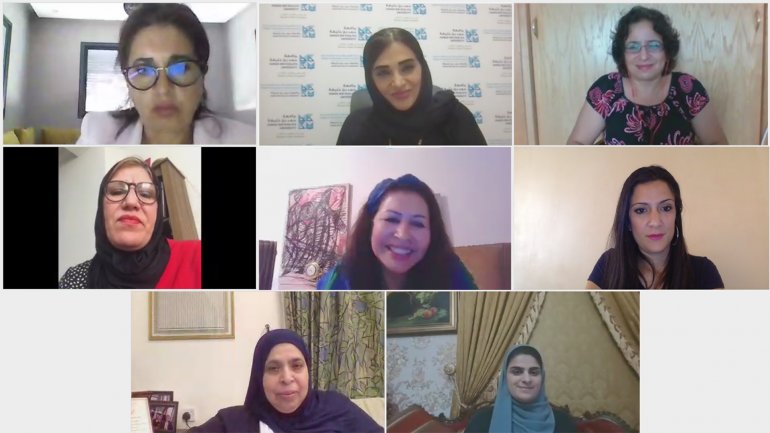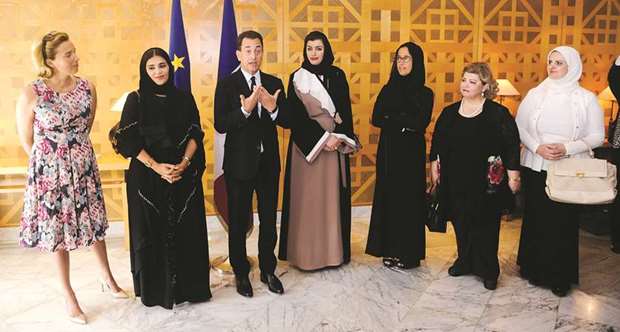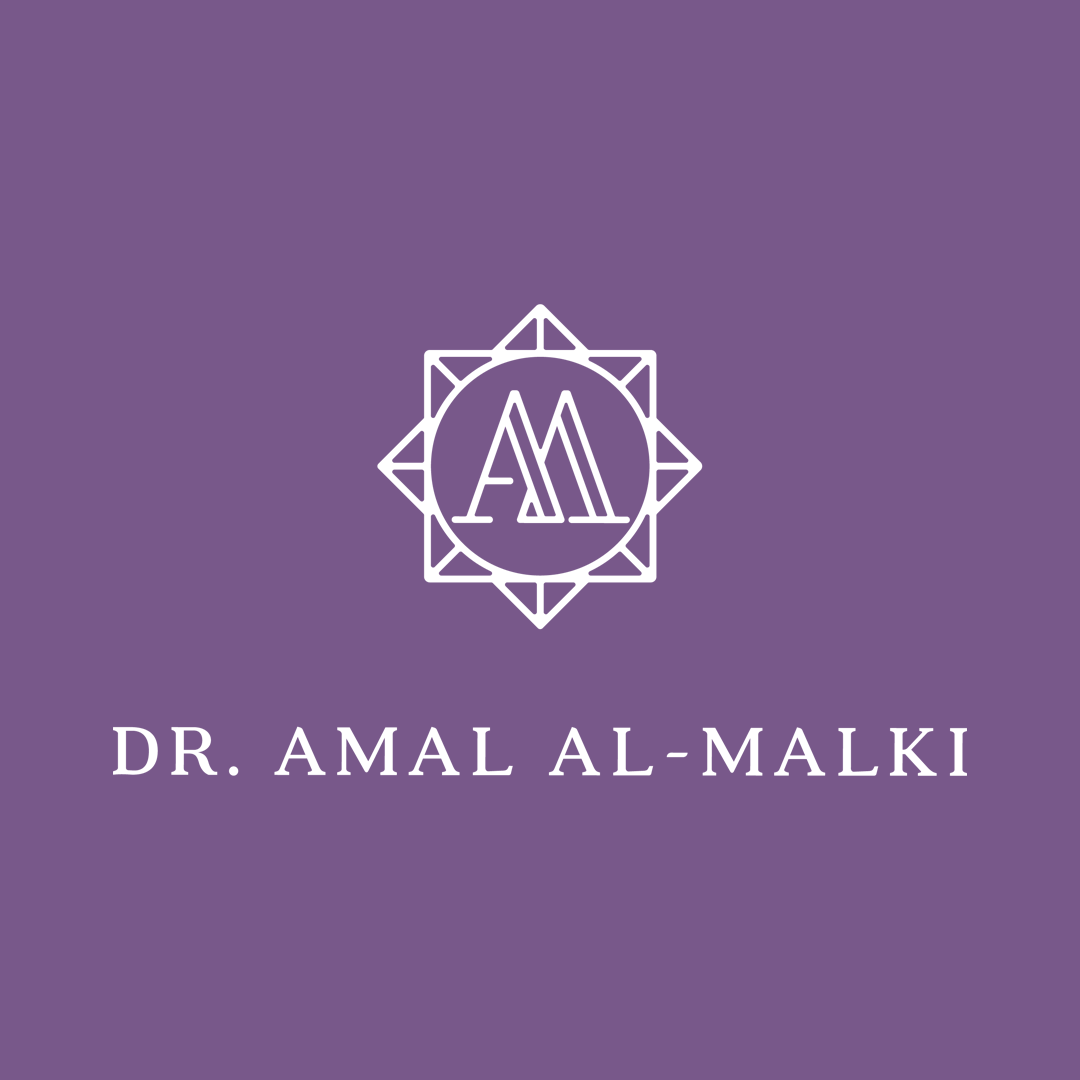The French embassy in Doha highlighted the “essential participation of women” i…

The Peninsula
Doha: The fourth in a series of webinars tackling contemporary women’s issues, organised by Hamad Bin Khalifa University (HBKU)’s College of Humanities and Social Sciences (CHSS), gathered parliamentarians, civil rights activists, and advocates to discuss the adoption of gender quota systems in the Arab region.
Although the introduction of electoral quotas for public elections – requiring a percentage of female representation – has been controversial in some countries, research has shown these to be effective in ‘fast-tracking women’s political representation to produce equality of results, not only equality of opportunity.
Panelists from Tunisia, Morocco, Algeria, and Bahrain shared experiences of different types of quotas and how successful they have been in mobilising women into political life and the labour market in their countries and globally.
Prominent speakers included Samia Melki Fessi, civil rights activist and President of KADIRAT, a women’s organization in Tunisia; Khawla Ben Aicha, political and civil rights activist; Fatima Outaleb, human rights and advocacy expert; Nourah Labiod, parliamentarian and civil rights activist; Somaya Al Jowder, physician and politician; and Houda Slim, President of the Arab Women Parliamentarians Network for Equality (Ra’edat).
During the exchange, moderated by Nourah Al Kuwari, a graduate of the MA in Women, Society, and Development Program at CHSS and a Qatari Women’s Affairs Steering Committee member, the panel turned to whether the quota system was needed in the fast-developing MENA region.
Dr. Amal Al Malki, founding dean, CHSS, commented: “The webinar was an excellent forum for CHSS to initiate a social debate on electoral quotas as one mechanism used internationally to advance gender parity. In introducing quotas, each country confronts different contexts, so it was important to bring together influential voices to share the results it has had. This is also the role of our Qatari Women’s Affairs Series, to encourage critical thought that challenges open discussion which can facilitate a deeper understanding.”
Doha: The fourth in a series of webinars tackling contemporary women’s issues, organised by Hamad Bin Khalifa University (HBKU)’s College of Humanities and Social Sciences (CHSS), gathered parliamentarians, civil rights activists, and advocates to discuss the adoption of gender quota systems in the Arab region.
Although the introduction of electoral quotas for public elections – requiring a percentage of female representation – has been controversial in some countries, research has shown these to be effective in ‘fast-tracking women’s political representation to produce equality of results, not only equality of opportunity.
Panelists from Tunisia, Morocco, Algeria, and Bahrain shared experiences of different types of quotas and how successful they have been in mobilising women into political life and the labour market in their countries and globally.
Prominent speakers included Samia Melki Fessi, civil rights activist and President of KADIRAT, a women’s organization in Tunisia; Khawla Ben Aicha, political and civil rights activist; Fatima Outaleb, human rights and advocacy expert; Nourah Labiod, parliamentarian and civil rights activist; Somaya Al Jowder, physician and politician; and Houda Slim, President of the Arab Women Parliamentarians Network for Equality (Ra’edat).
During the exchange, moderated by Nourah Al Kuwari, a graduate of the MA in Women, Society, and Development Program at CHSS and a Qatari Women’s Affairs Steering Committee member, the panel turned to whether the quota system was needed in the fast-developing MENA region.
Dr. Amal Al Malki, founding dean, CHSS, commented: “The webinar was an excellent forum for CHSS to initiate a social debate on electoral quotas as one mechanism used internationally to advance gender parity. In introducing quotas, each country confronts different contexts, so it was important to bring together influential voices to share the results it has had. This is also the role of our Qatari Women’s Affairs Series, to encourage critical thought that challenges open discussion which can facilitate a deeper understanding.”
Link to the article
You may also check
Qatar has spared no expense in changing the local educational landscape, from investing in infrastruc…


